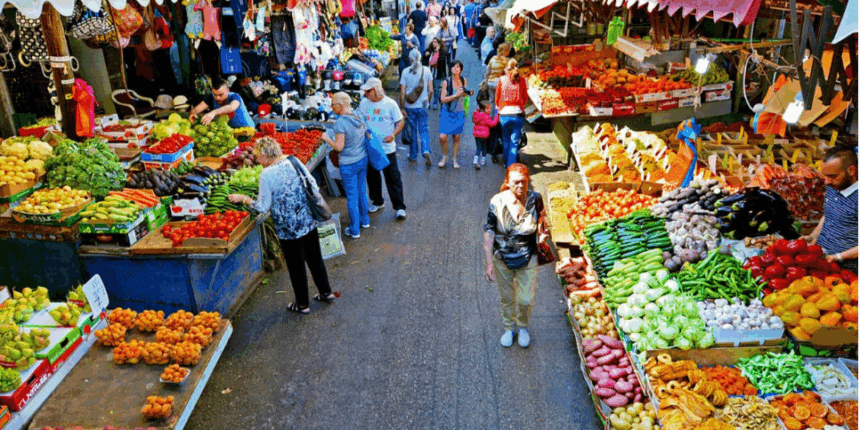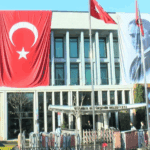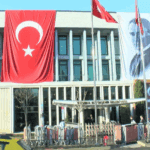A new nationwide poll has revealed that a majority of Turkish citizens see the economy and the rising cost of living as the country’s most urgent issues, while more than a third say they do not believe any political party is capable of solving the country’s worsening problems.
The survey, conducted by Turkish pollster ASAL Research between May 10 and 14, sampled 2,000 participants across 26 provinces. According to the results, 65.6 percent of respondents identified economic hardship and inflation as Turkey’s most pressing challenges.
Turkey has been grappling with high inflation since 2019, severely affecting the cost of basic necessities such as food, housing, healthcare, education, and transportation. While official figures show inflation has declined from a peak of 85.5 percent in October 2022 to around 38 percent, the relief has been minimal for most consumers, who continue to struggle with rising prices.
Other notable concerns identified in the poll include the justice system (7.3%), unemployment (4%), terrorism (3.1%), education (2.4%), and urban transformation and earthquake preparedness (2.1%).
Although Turkey’s official unemployment rate stood at 7.9 percent in March, broader labor market indicators reveal deeper vulnerabilities. Underemployment, which includes part-time workers seeking full-time roles and those employed below their skill level, reached 28.4 percent in February—highlighting structural issues within the economy.
Meanwhile, Turkey’s economic growth has also slowed. The country’s GDP grew by 3.2 percent in 2024, down from 5.1 percent in 2023, according to World Bank data. Analysts say that despite strong labor force participation, the benefits of growth have not translated into improved living conditions for most people.
Public dissatisfaction is increasingly directed at the political establishment. When asked, “Which political party can solve Turkey’s problems today?”, 34.7 percent of respondents said ‘None’, pointing to widespread disillusionment with political leadership.
Among those who expressed support for a party, 26 percent chose the ruling Justice and Development Party (AKP) led by President Recep Tayyip Erdoğan, while the main opposition Republican People’s Party (CHP) received 17.5 percent. Support for other parties was significantly lower: the pro-Kurdish DEM Party received 4.6 percent, the Nationalist Movement Party (MHP) 4.3 percent, and the İYİ (Good) Party just 1.4 percent.
The findings align with the results of a similar ASAL poll conducted in April, which also highlighted economic anxiety as the primary concern for Turkish citizens and found that nearly 40 percent of respondents saw no political party as capable of addressing the country’s problems.



